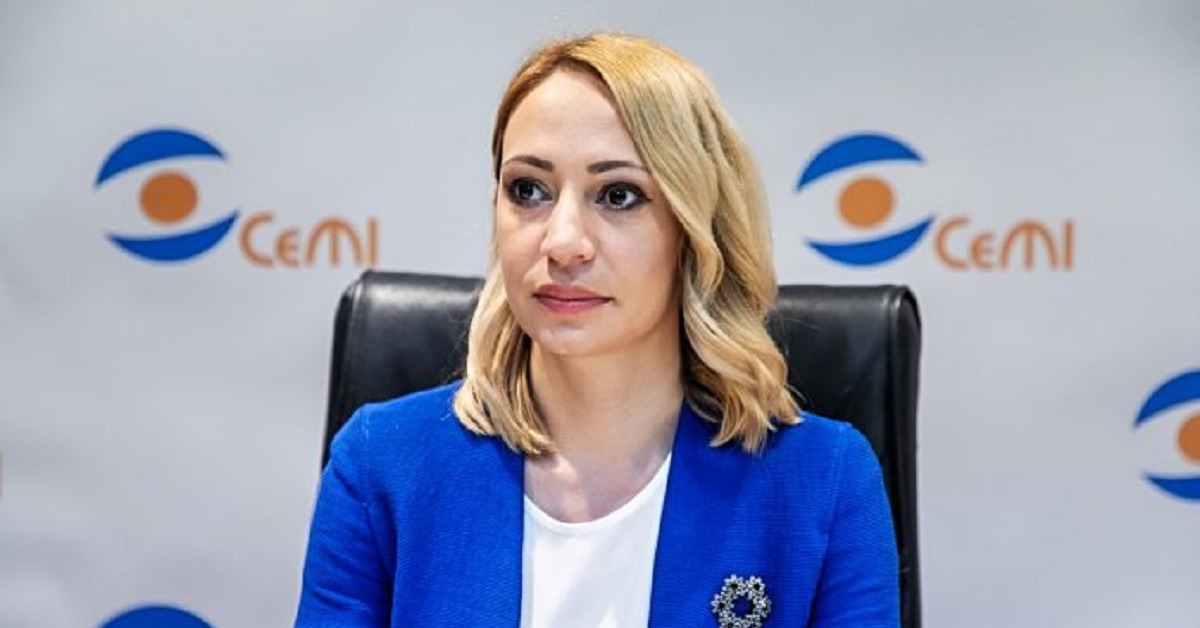The Democratic Party of Socialists (DPS) does not have an official who could remove the negative characteristics of that party's rule, and it is most rational for a non-partisan person to head the list of the wider coalition for the parliamentary elections, according to Ana Nenezic, CEO of the Centre for Monitoring and Research.
She said that, after the resignation of DPS leader Milo Djukanovic, it would not be a surprise if that party decided on a different strategy - to create a wider pro-Montenegro bloc of parties, headed by a non-party figure.
Nenezic believes that it would be competitive in relation to the policy imposed by the Europe Now Movement, which will be the main competitor of the DPS in the parliamentary elections.
"It seems to me that no person within the DPS can make that kind of deviation from the negative characteristics of the DPS rule, because they will be exposed to criticism regarding corruption, organized crime, bad decisions," Nenezic told the agency. MINE.
According to her, this would open up the possibility for a non-partisan leader who could shape the story differently for the public.
Nenezić assessed that a non-party person as the holder of the list in the parliamentary elections would be the most rational choice for DPS.
"That would only give them the opportunity to expand their voter base, because they have a significant loss of voters," Nenezic said.
She stated that she is not sure that one of the more visible people in the DPS would be a good solution at this moment, if they want to make some kind of turnaround, even though they have the support within the party.
"Because they would send a message to citizens that DPS does not want to change anything, that they believe they are on the right path and want to go in the same direction," she said.
According to Nenezic, it turned out that this principle and policy do not bring new voices.
"On the contrary, it only leads to the loss of DPS votes, which are almost 60,000 fewer than in the local elections last year," Nenezic said.
She said that it is difficult to predict how Djukanovic's decision will affect DPS and further political life in Montenegro.
"Because we have to bear in mind that we are talking about a person who was in key positions since the early nineties and a man who was one of the key political factors in the political life of Montenegro, who directed political movements," Nenezic said.
As she said, every time a leader steps down from the head of a party, what is crucial and on which the future of the party depends is how successfully the transition period that follows is carried out.
"In other words, the decision of which leader the party will choose after Djukanovic retires and how the transition of power will be carried out." If it is not effective and controlled, it can mark the beginning of the strengthening of factions and the potential destruction of unity," she said.
Nenezić said that now is the opportunity for the DPS to carry out an internal party reform, to make a complete turn and to bring to the head of the party a person who can be the personification of a different path and development of the party, have a different vision, make a departure from the previous functioning, and the way of communication with the voters .
DPS has been in constant decline since the 2020 parliamentary elections and, according to her, this means that they need to make a significant turnaround.
"With the existing leaders in the party, I think it will be very difficult," said Nenezic.
She said that the very future of the party will depend on the transition of power in the DPS and whether all party representatives will stand behind the new leader.
As Nenezic said, the question is that after the defeat, several factions were formed in the party, whether these factions have different interests and whether they can find a common interest to support the new leader by the parliamentary elections.
"We have to wait and see and those are open questions," Nenezic added.
She believes that Djukanovic should not have been a candidate in the presidential elections, although the explanation was heard that the DPS did not have a candidate with whom he could compete in those elections.
"He (Djukanovic) was obviously the only one who could bring DPS at least a second round," she said.
Nenezic said that it is not known whether Djukanović's decision to run was a way to show that he wanted to protect the party or to give it a new chance in the parliamentary elections.
"For him, as a long-term politician, it would have been a better option to retire after the end of his mandate, because he would be remembered as the only undefeated Montenegrin politician," Nenezic said.
